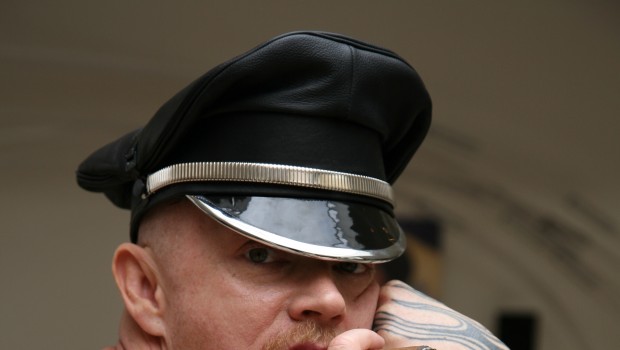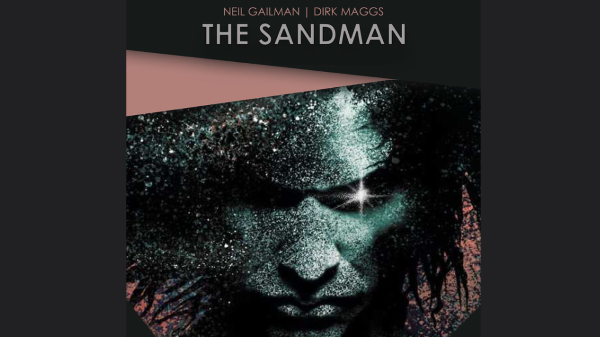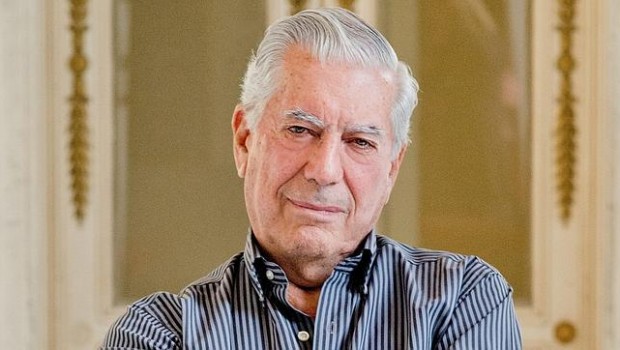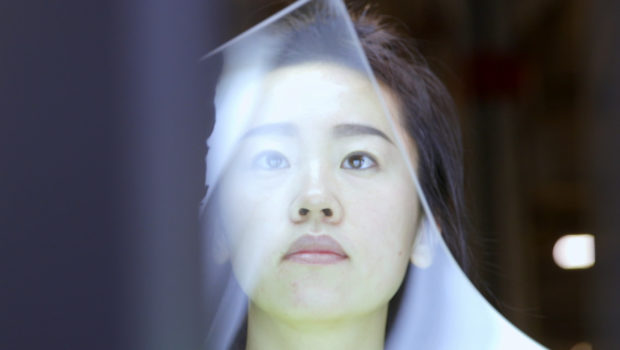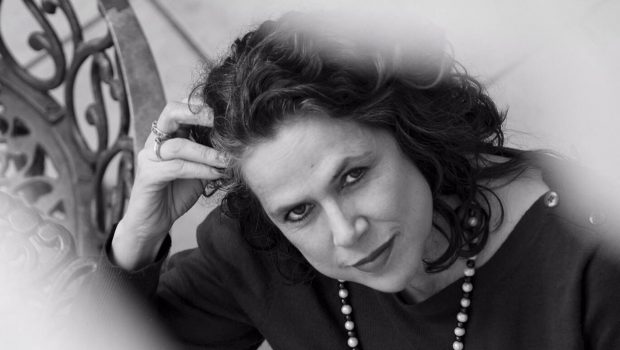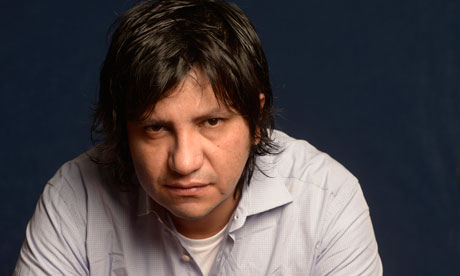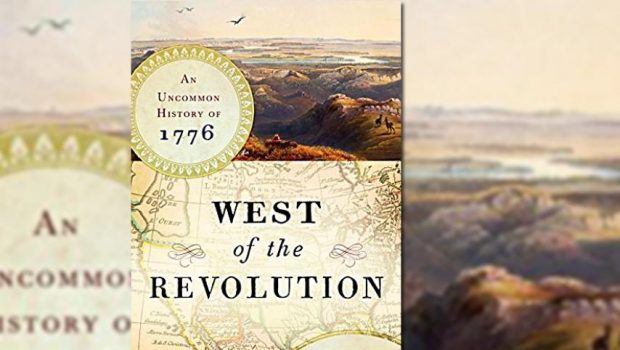Remarks on an Unlikely Angelology
Fernando Castro R.
Mr. Angel (2013) is an award-winning documentary by Dan Hunt. From the title one would expect it to be about a religious theme. Quite the contrary, it is about a topic that is likely to offend religious sensitivities. So if your way of thinking belongs to the pre-Enlightenment era, stop reading now. Mr. Angel deals with a topic that is increasingly familiar as the LGBT community seeks full civil rights in many states and countries. Yet a trait Mr. Angel shares with the Archangel Gabriel is that they are both heralds.
The story narrated in Hunt’s documentary is of Buck1 Angel, a man with a vagina. As it becomes clear from this seventy-minute-long documentary, Buck’s story goes beyond homosexuality —whose issues are mainly about people loving (in the broad sense) other people of the same gender. Buck was born a girl who grew to behave like a tomboy, engaging in activities traditionally boyish. She played football, soccer, and was a champion long-distance runner. But, even though her (I use gender pronouns reluctantly) pursuits were boyish, and friends and neighbors treated her like a boy, Buck was genetically a female.
However, the onset of puberty unraveled for Buck an inner conflict that most of us never have to deal with. Menstruation, the hallmark of femaleness, informed Buck’s body that she was now on a program of potential maternity, even though her mind was on quite a different path.
“I started to not feel right in my body,” Bucksaid. She felt like a boy, but suddenly people started to treat him like a girl. At some point, her father, who seemed to endorse her boyishness, perhaps because he had no male children, suddenly became adamant and even aggressive about her having to behave girlishly. “People were not interacting with me like they were before,” Buck recalls.
To complicate matters, Buck was not a good student. In the documentary he recalls the only thing she was not failing was physical education. Indeed, she was an excellent runner. Buck sheds some tears when he speaks about his first suicidal attempt. It came about as her father denied her the opportunity to participate in the very prestigious Sunkist field-and-track competition for which she had trained incredibly hard. The fatherly ultimatum was: if you do not improve your schoolwork, you will not participate at Sunkist. Modus ponens: Buck did not improve academically, so she never participated at Sunkist. Missing that opportunity devastated Buck. She took an overdose of sleeping pills, nearly died, and ended up in a psychiatric ward.
Documentaries, unlike essays or novels, give the viewer visual images that are not only a presentation, but an almost objective description, and even a wordless explanation. Surprisingly, Buck became a fashion model. In other words, in spite of its complicated and diverse milieu, she landed in the realm of the maximal reduction of male and female roles: the capital of gender simplification. For a while, that career offered Buck some direction, but Hunt’s documentary soon narrates about the prevalent use of drugs and alcohol, deepening the degree of her unresolved identity issues. She lost control of herself and became addicted to crack cocaine, indulged in self-mutilation, and ended up prostituting herself. She hit rock bottom. Had it not been for a friend who offered to help on the condition that Buck sober up, she may have ended up overdosing or getting infected by sexually transmitted diseases.
“Sobriety is what woke me up,” Buck stated years later in front of a group of students at Yale University. Part of her awakening was to come to the realization that she was really a man with a vagina. The difference between Buck and many transgender people is that he never sought to be a man with a penis. He came to understand that to come to be what one is, one does not need to fit in established classifications. Indeed, she was born a girl, but he never felt like nor wanted to be a girl, and when her body kept insisting that she is something his mind was not, he took steps to follow the calling.
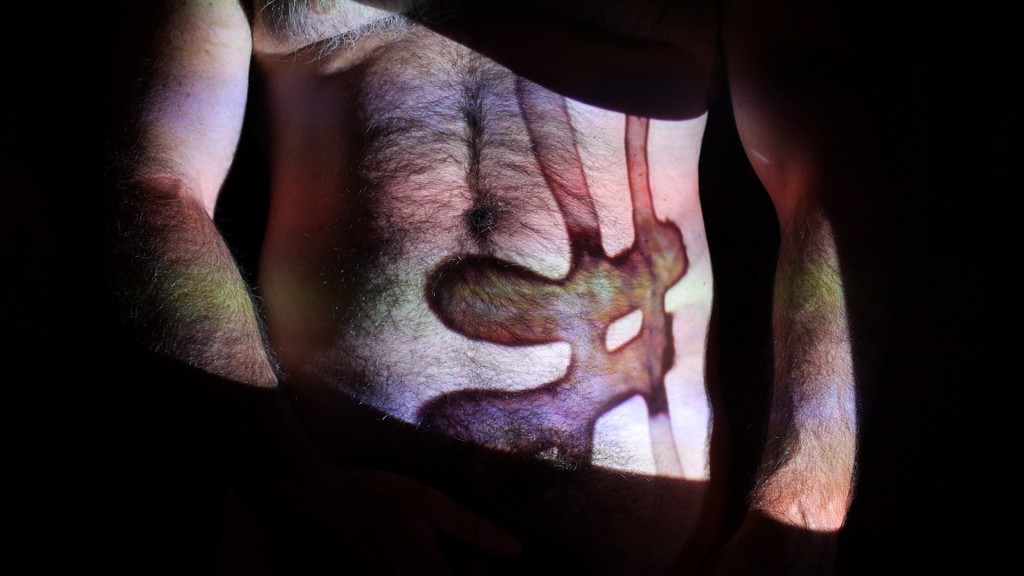 Angel began the transformation by surgically removing her breasts. It is amazing that footage was available for Hunt to document this metamorphosis. The surgery was followed by a weightlifting and testosterone treatment that promoted the development of male physical characteristics: face and body hair, bulky muscle development, etc. Indeed, after a few years of testosterone use —as Hunt shows— the hormones began to take a physiological toll in his new body.
Angel began the transformation by surgically removing her breasts. It is amazing that footage was available for Hunt to document this metamorphosis. The surgery was followed by a weightlifting and testosterone treatment that promoted the development of male physical characteristics: face and body hair, bulky muscle development, etc. Indeed, after a few years of testosterone use —as Hunt shows— the hormones began to take a physiological toll in his new body.
Confident that he was indeed a man with a vagina, Angel started a career in the adult video industry (a euphemism for “pornography”). Pornography is the second taboo Hunt’s documentary probes. As is usually the case in controversial matters, it is worth clarifying our use of language so we do not end up saying more nor less than what language means. “Pornography” is defined as “printed or visual material containing the explicit description or display of sexual organs or activity, intended to stimulate erotic rather than aesthetic or emotional feelings.” Its Greek etymological roots are pornographos ‘writing about prostitutes,’ from pornē ‘prostitute’ + graphein ‘write.’ The other distinction that may be useful here comes from Philosophy 101: “use” and “mention.” Dan Hunt’s documentary Mr. Angel mentions pornography, but it is not thereby itself pornographic. Whereas Buck Angel’s Buck’s Beaver (2004), Buck Off (2006), The Buck Stops Here (2006) are clearly pornographic –they use pornography. 2
For Buck, pornography was liberating. He states that [pornography] “helped me become comfortable with my own body, and it opened up forms of sexual expression that I simply wouldn’t have learned otherwise.”
The adult video industry was slow to welcome Angel in its diverse repertoire of offerings because it was not clear what his viewership (market) was to be. In other words, as a sexual product, to whom was Angel sexually appealing? During this period, Angel met and married body piercer Elayne Angel through a dating website. It was his second marriage (the first one was to dominatrix Karin Winslow). Both his wives were women, but it is not clear whether their relationship with Angel was lesbian. Even though he is genitally similar to them, they both seemed to be happy that he is a man. It is not clear whether they considered their marriage a heterosexual or homosexual relationship (an issue of classification). Angel claimed in the documentary that his main target audience in the adult video industry was gay men; a revelation that prima facie sounds preposterous. Nevertheless, Angel’s career in the industry became very successful and he won several awards. In 2007, he was the winner of the Transsexual Performer of the Year Award at the Adult Video News Awards; he was nominated again in 2008, 2009 and 2010, and remains the only FTM (female to man) transsexual to have won this award. In 2008, he was presented with a “Feminist Porn Award” for Boundary Breaker of the Year. 2
The award for breaking boundaries is particularly telling because it has launched Angel’s career in education. Indeed, in 2010, and in spite of the fact he boasts in the documentary to have never finished high school, he was invited to speak at Pierson College master’s house at Yale University. In front of an audience of about fifty students, Angel “emphasized the importance of self-acceptance and urged people not to submit to the labels society assigns them.” 3
As any good documentary should, Hunt’s film provides different points of view; among them, those of Angel’s parents. Their comments and body language are as impressive as anything on the film. They range from utter discombobulation, to bewilderment, rage, shame, guilt, resignation, atonement, etc. They express both the most endearing and the difficult aspects of rearing Angel: his boldness, his sexual identity issues, his self-destructive drives, and the final stage of his metamorphosis, his “man-with-a-pussy” pornographic career. Two things appear reassuring to Angel’s parents, that he is now happy, and that he has become a guide for other parents and other people with gender identity issues. Hunt’s Mr. Angel documentary may be difficult to watch but important to reflect upon.
“Buck has so much to teach people about acceptance, love, and perseverance. I believe that it comes through in the film —I’m not sure that all audiences are able or ready or willing to receive that message,” said Hunt in an exclusive interview for Literal.4
1. In this essay I use the name “Buck” until her transformation, and “Angel” thereafter. The somewhat confusing use of gender pronouns is intentional. On the other hand, the terminology I use is strictly medical, so any problems with the language should be addressed to the American Medical Association.
2. This essay was written on the occasion of Dan Hunt’s installation Full Body Contact at Marymount Manhattan College. The installation occupies a table top space where participants peek through a bathroom glory hole to view film evidence from a 1960’s vice squad sting.
3. http://yaledailynews.com/blog/2010/02/15/transgender-porn-star-shares-story/
4. Said interview was conducted by film director and Literal contributor Loris Simon.
Posted: November 13, 2014 at 4:51 pm


